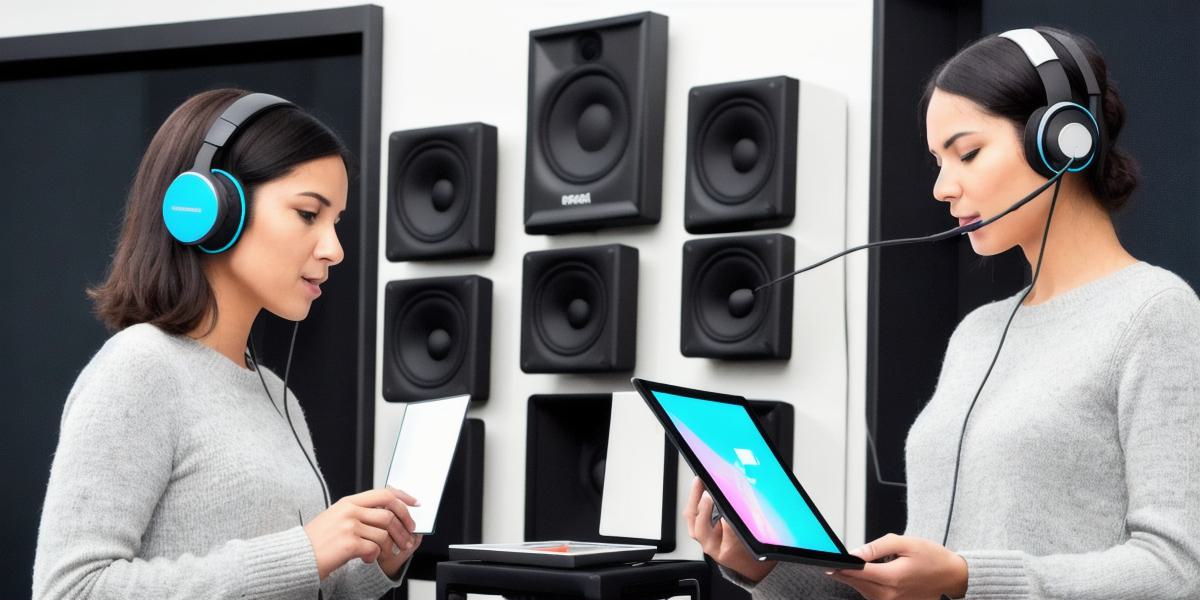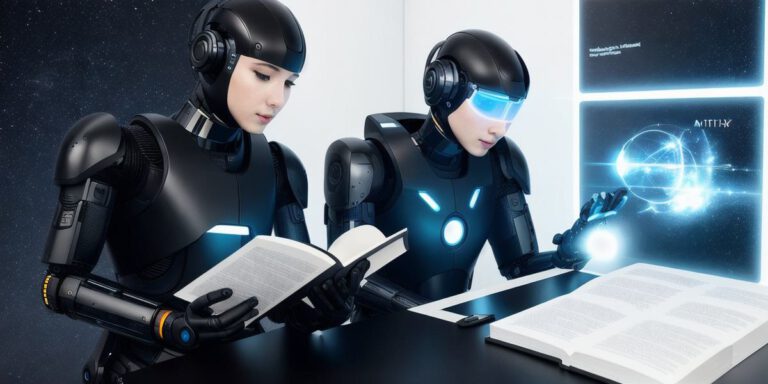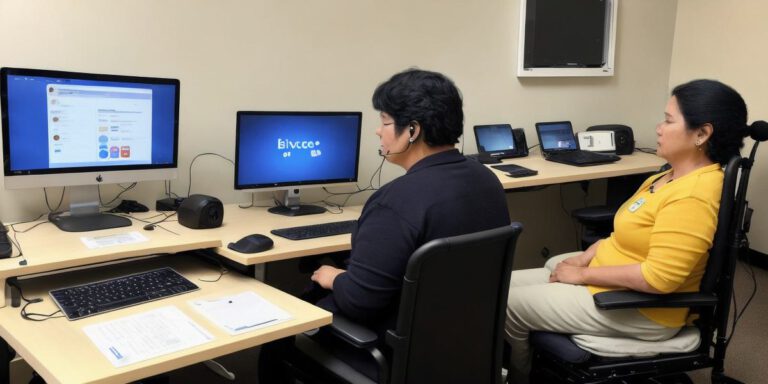Replicating Someone’s Voice: How AI Can Help or Hurt Us

Artificial intelligence (AI) has been advancing at a rapid pace, and one of its most impressive achievements is the ability to replicate someone’s voice. With this technology, we can create a digital version of a person’s voice that sounds almost identical to their real-life voice. But while this may seem like an exciting development, it also raises some serious ethical questions.
In this article, we will explore the capabilities and limitations of replicating someone’s voice using AI, and we will examine the potential benefits and risks associated with this technology. We will also discuss some real-life examples of how replicating someone’s voice can be used for both good and evil purposes.
How does it work?
Replicating someone’s voice using AI involves capturing and analyzing the unique characteristics of their voice, such as pitch, tone, cadence, and inflection. This information is then fed into an algorithm that can generate a digital version of the person’s voice that sounds almost identical to their real-life voice.
There are several ways to capture someone’s voice, including recording them speaking, using voice recognition technology, or even analyzing their speech patterns from social media posts or videos. Once the data is collected, it can be processed and manipulated by AI algorithms to create a highly accurate digital replica of the person’s voice.
Potential benefits
One of the main potential benefits of replicating someone’s voice using AI is that it can be used to enhance customer service experiences. For example, companies could use AI-generated voices to provide personalized customer support, answering questions and addressing concerns in a friendly and helpful manner. This could improve customer satisfaction and loyalty, as customers feel more valued and supported.
Another potential benefit of replicating someone’s voice is that it can be used for creative purposes, such as creating virtual characters in video games or movies. By using AI to generate realistic-sounding voices, creators can bring their digital creations to life in a more lifelike and engaging way.
Potential risks
While there are several potential benefits to replicating someone’s voice using AI, there are also several potential risks that need to be considered. One of the main concerns is that this technology could be used for malicious purposes, such as impersonating someone and spreading fake news or misinformation. This could have serious consequences, including damage to a person’s reputation or even legal action.
Another potential risk associated with replicating someone’s voice using AI is that it could lead to the widespread use of deepfakes, which are manipulated videos or audio clips that can be used to deceive and manipulate people. This could have a significant impact on the way we perceive and interact with information online, as it becomes increasingly difficult to distinguish between what is real and what is not.
Real-life examples
There are already several examples of how replicating someone’s voice using AI has been used in both positive and negative ways. One example is the use of AI-generated voices for customer service, as mentioned earlier. Another example is the creation of virtual assistants like Siri or Alexa, which use AI to understand and respond to user queries.
On the other hand, there have also been instances where replicating someone’s voice has been used for malicious purposes. For example, in 2018, a fake audio clip of former US President Barack Obama was circulated on social media, which caused confusion and concern among his followers.
FAQs
- Can AI really replicate someone’s voice accurately? Yes, with the right data and algorithms, it is possible to create a highly accurate digital replica of someone’s voice that sounds almost identical to their real-life voice.
- What are the potential benefits of replicating someone’s voice using AI? Some potential benefits include enhancing customer service experiences, improving creative works, and providing personalized support to customers.
- What are the potential risks associated with replicating someone’s voice using AI? Some potential risks include malicious use, such as impersonation and spreading fake news or misinformation, and the widespread use of deepfakes that can deceive and manipulate people online.
- Have there been any real-life examples of how replicating someone’s voice has been used for both positive and negative purposes? Yes, there have been several examples of how this technology has been used for customer service, creative works, and even malicious purposes like impersonation and spreading fake news or misinformation.








